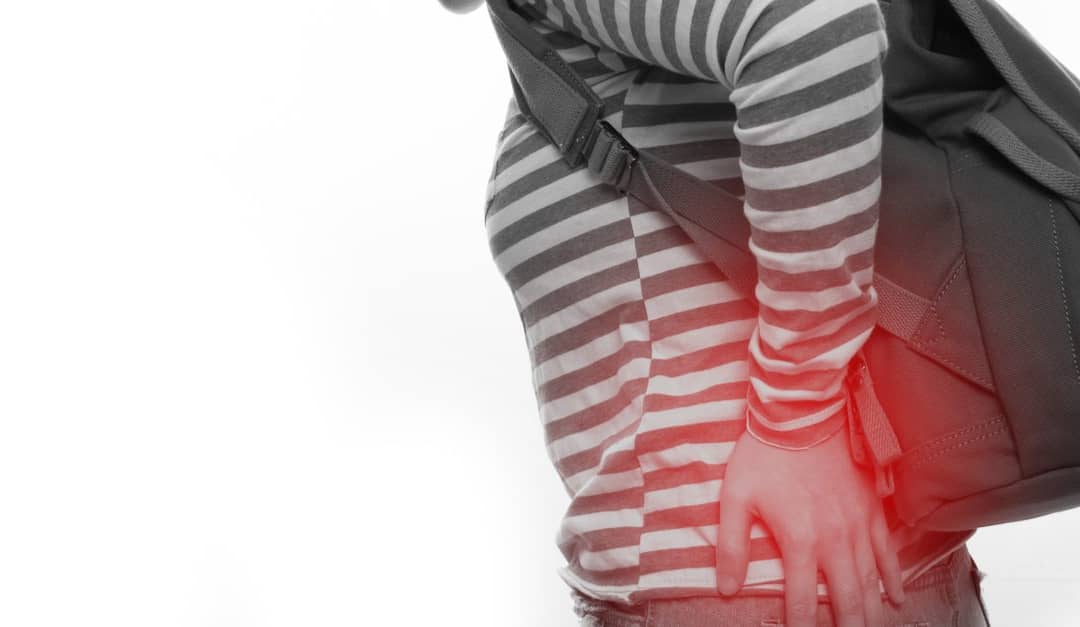A hip pointer is an injury that’s characterized by bruising of the muscles and soft tissue of the upper hip. It’s usually caused by a direct blow to the hip or pelvis during athletics or physical activity. Although hip pointers heal quickly (1-3-weeks), they can be extremely painful and limit or sideline the patient.
Causes of a Hip Pointer
As previously mentioned, hip pointers are caused by direct blows and can also be caused by falls. Patients who sustain hip pointers commonly due so because of:
- A direct blow from an opponent’s knee or elbow
- A fall while coming down from jumping or being tackled
- A direct blow from a tackle
- An athletic collision
Hip pointers occur across a variety of athletic disciplines, including, but not limited to:
- Football
- Basketball
- Volleyball
- Soccer
- Softball
- Rugby
The key to diagnosing a hip pointer is symptom recognition.
Symptoms of a Hip Pointer
Pain is experienced immediately after a hip pointer. When the muscles and soft tissues are impacted, the affected area becomes bruised and swollen. Athletes might have to exit practice or the game.
Treatment of a Hip Pointer Injury
Ice should be applied to the bruised/swollen area immediately. Once pain and swelling have gone done, an appointment with an orthopedic specialist should be arranged. Following their official diagnosis, a treatment plan will be prescribed. Any, all, or any combination of the following can be used:
- Rest, ice, compression, elevation (RICE). Persistent swelling and bruising can be controlled by decreasing inflammation and increasing blood flow.
- Nonsteroidal anti-inflammatory drugs (NSAIDS). Over-the-counter or prescription medications can be prescribed to help with pain and decrease inflammation.
- Physical therapy. Once swelling and bruising have subsided, stretching and strengthening exercises can be done to prevent future injury.
As previously mentioned, hip pointers usually heal quickly. However, it should be noted that extra attention should be paid to the once injured area. Padding the once-bruised area is never a bad idea.
Seeking Treatment for a Hip Pointer
If you’ve injured your hip and would like to see one of our orthopedic specialists, please don’t hesitate to contact our offices in Wayne, Englewood and Ridgewood, NJ. We’re currently accepting new patients and will get you in ASAP. Should you have a hip pointer, one of our specialists will accurately diagnosis it and come up with a treatment plan to get you back to doing what you love.

